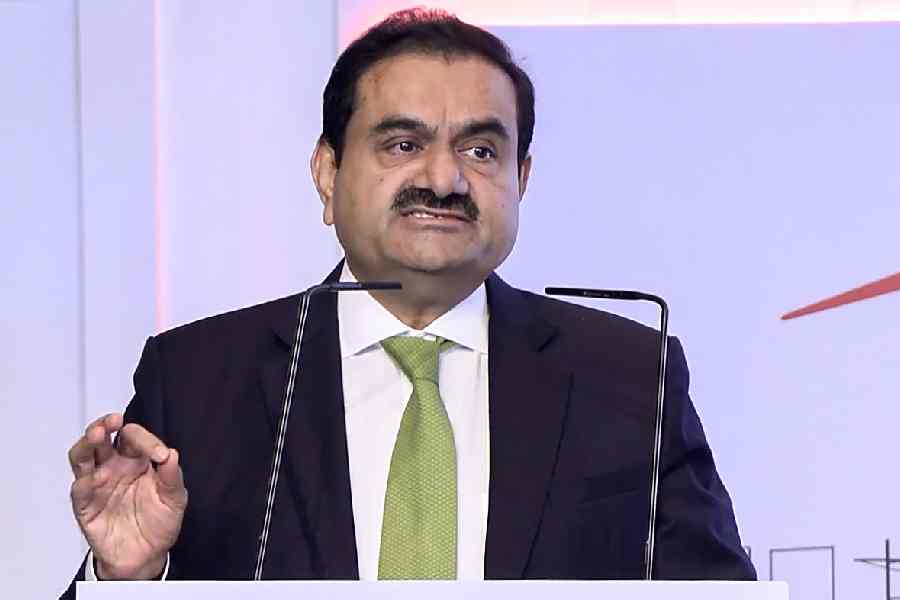An Adani Power coal-fired power plant under contract to sell all its output to Bangladesh can now supply to the domestic market after an amendment to India's power export rules.
The decision, seen by some as a protective measure for the politically connected conglomerate, aims to buffer Adani from potential disruptions in its 25-year power supply agreement with Dhaka after the ouster of Prime Minister Sheikh Hasina.
An internal memo from the Union power ministry, dated August 12, amends the 2018 guidelines that regulated electricity generators supplying power exclusively to neighbouring countries.
The updated rules now allow these generators to connect to the Indian grid, enabling domestic sales if there is a sustained non-scheduling of capacity.
The memo states that "the government of India may permit connection of such generating station to the Indian grid to facilitate the sale of power within India in case of sustained non-scheduling of full or part capacity".
Adani Power signed a 25-year power purchase agreement (PPA) with the Bangladesh Power Development Board (BPDB) in November 2017, committing to supply 1,496 megawatts (MW) of power from its Godda plant in Jharkhand.
The Godda power project, which became operational in June 2023, is India’s first transnational power project where all generated electricity is exported to another country.
The plant sources its coal from Adani Group's mines in Australia.
The project has been controversial, with critics arguing that Bangladesh is paying excessively high prices for electricity.
The arrangement has been criticised by Opposition parties in Bangladesh, who have described the deal as "extremely uneven" and alleged it was signed with ulterior motives.
The deal between Adani Group and the Bangladesh government was signed in August 2015, shortly after Prime Minister Narendra Modi visited Dhaka.
With the recent political upheaval in Bangladesh, there have been increasing calls to review the agreement.











